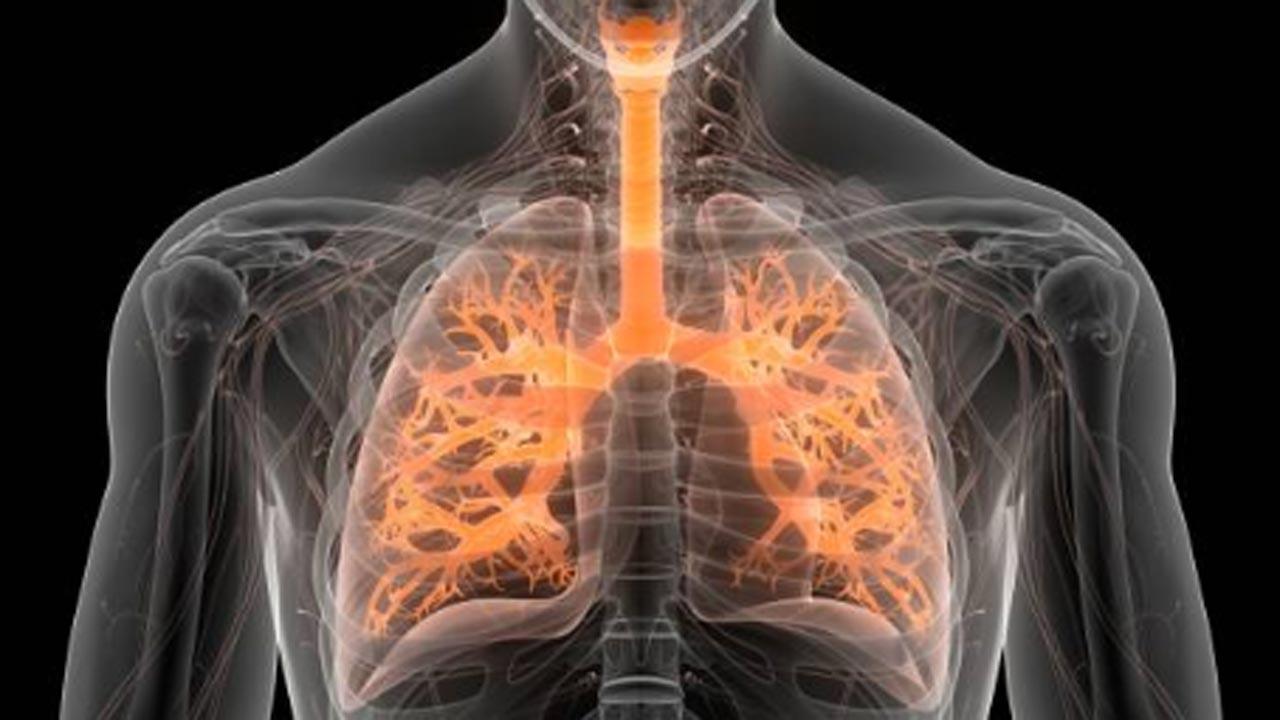TB is the leading infectious killer worldwide, with 10.6 million cases and 1.6 million deaths in 2021 alone

Representational images. Pic/iStock
Malnutrition is the leading cause of immunodeficiency worldwide, a major reason for tuberculosis (TB), according to a global research.
TB is the leading infectious killer worldwide, with 10.6 million cases and 1.6 million deaths in 2021 alone.
ADVERTISEMENT
The study, appearing online in the journal BMC Global & Public Health, showed that one in five incident TB cases were attributable to malnutrition, more than double the number attributed to HIV/AIDS.
Like HIV/AIDS, malnutrition is a cause of secondary immunodeficiency, known as nutritionally acquired immunodeficiency syndrome (N-AIDS). However, N-AIDS remains the neglected cousin of HIV/AIDS in global TB elimination efforts.
In the study, an international team of researchers reviewed decades of data and made the case that N-AIDS, just like HIV/AIDS, also deserves special consideration in the effort to eliminate TB.
“While there have been important technological advancements to detect and treat TB, our interpretation of the existing literature is that we won’t be able to make substantive changes in TB incidence and mortality rates without action on malnutrition,” explained corresponding author Pranay Sinha, Assistant Professor of medicine at the school.
After reading more than 75 papers on nutrition and TB, the researchers briefly recount the impact that actions on HIV had on the global TB pandemic. They point out that malnutrition is the leading cause of immunodeficiency worldwide.
“People with severe malnutrition, like people with HIV, are at increased risk of TB. We can leverage what we already know about malnutrition to aid us in detecting, treating and preventing TB,” said Sinha, who also is an infectious disease physician at Boston Medical Center.
While the researchers believe it is urgent to continue to develop newer tools, approaches should not be limited to the biomedical realm.
For example, a study included in their review found that TB incidence among household contacts of persons with tuberculosis was reduced by 40 per cent by providing them with an inexpensive food basket.
“It is important for the lay audience to understand that TB is not simply a medical disease, it’s a social one and our elimination efforts must recognise that,” he added.
According to the researchers, action on malnutrition will have several benefits beyond TB as well. They explored the idea of leveraging nutritional interventions to detect, prevent, and treat TB more effectively.
They believe the study will help advocates, clinicians, policymakers and voters think differently about the management of persons with TB as well as the needed global health investments to eradicate it.
This story has been sourced from a third party syndicated feed, agencies. Mid-day accepts no responsibility or liability for its dependability, trustworthiness, reliability and data of the text. Mid-day management/mid-day.com reserves the sole right to alter, delete or remove (without notice) the content in its absolute discretion for any reason whatsoever
 Subscribe today by clicking the link and stay updated with the latest news!" Click here!
Subscribe today by clicking the link and stay updated with the latest news!" Click here!








